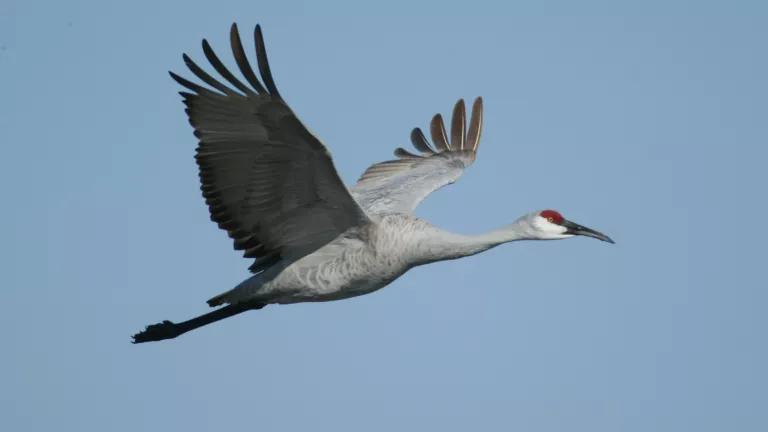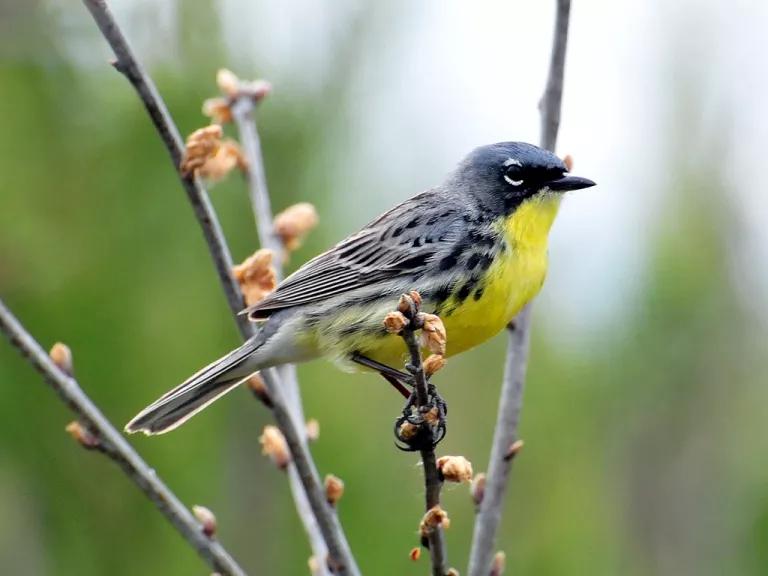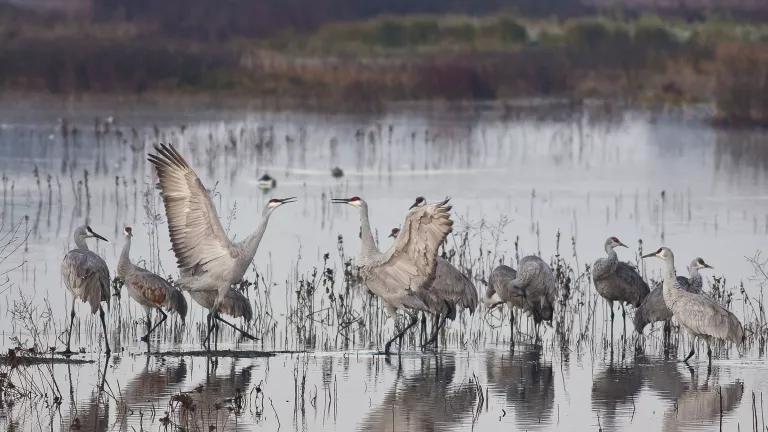New Legislation Answers Urgent Need to Protect Birds

Federal legislation introduced this week reaffirms America’s commitment to conserving migratory birds and reverses unprecedented rollbacks by the Trump administration.
Representatives Alan Lowenthal (D-CA) and 18 bipartisan original co-sponsors have introduced draft legislation to restore and clarify longstanding protections under the Migratory Bird Treaty Act (MBTA), one of the most important laws protecting our nation’s birds. The bill—H.R. 5552, or the Migratory Bird Protection Act of 2020—clarifies that the foreseeable killing of migratory birds during commercial activities (known as “incidental take”) is governed by the MBTA. This needed clarification comes at a time when America’s bird populations are in escalating crisis.
At the behest of the oil and gas industry, the Trump administration gutted the century old MBTA in 2017. A move that we are currently challenging in court, Trump’s reinterpretation of the law and potential accompanying regulations come at the very moment that major scientific reports indicate that North America has lost as many as 3 billion migratory birds since the 1970s.
Under previous administrations—both Republican and Democratic—the Interior Department required industries to implement management and conservation practices that prevented bird deaths in order to comply with the MBTA. This was in recognition that industrial activities like oil and gas production and power line operations result in millions of bird deaths per year. Interior no longer requires such safeguards and is not enforcing the MBTA even when a proposed commercial project will knowingly kill migratory birds as part of their activities. Instead, the Interior Department will now only enforce the MBTA in instances where the primary intent of an act is to kill protected birds, like poaching.

The act introduced today sets up a system, based on stakeholder input, that offers legal certainty and protection for industries whose activities are likely to kill birds in exchange for adoption of best practices proven to protect birds. Many industries have already adopted these practices; for example, the wind industry is implementing the Land-Based Wind Energy Guidelines, which lay out numerous best management practices ranging from site selection to power line location to project lighting considerations.
As the dual crises of climate change and biodiversity loss accelerate, the strength of our bedrock environmental laws is more critical than ever. The Trump administration’s reckless actions threaten irreversible loss of birds. Thanks to Congressman Lowenthal’s leadership in introducing this important legislation, Congress can provide critical assurances that industrial activities will have a pathway to incorporate longstanding conservation standards to protect migratory birds and, if done carefully, help ensure the survival of our precious avian species.




